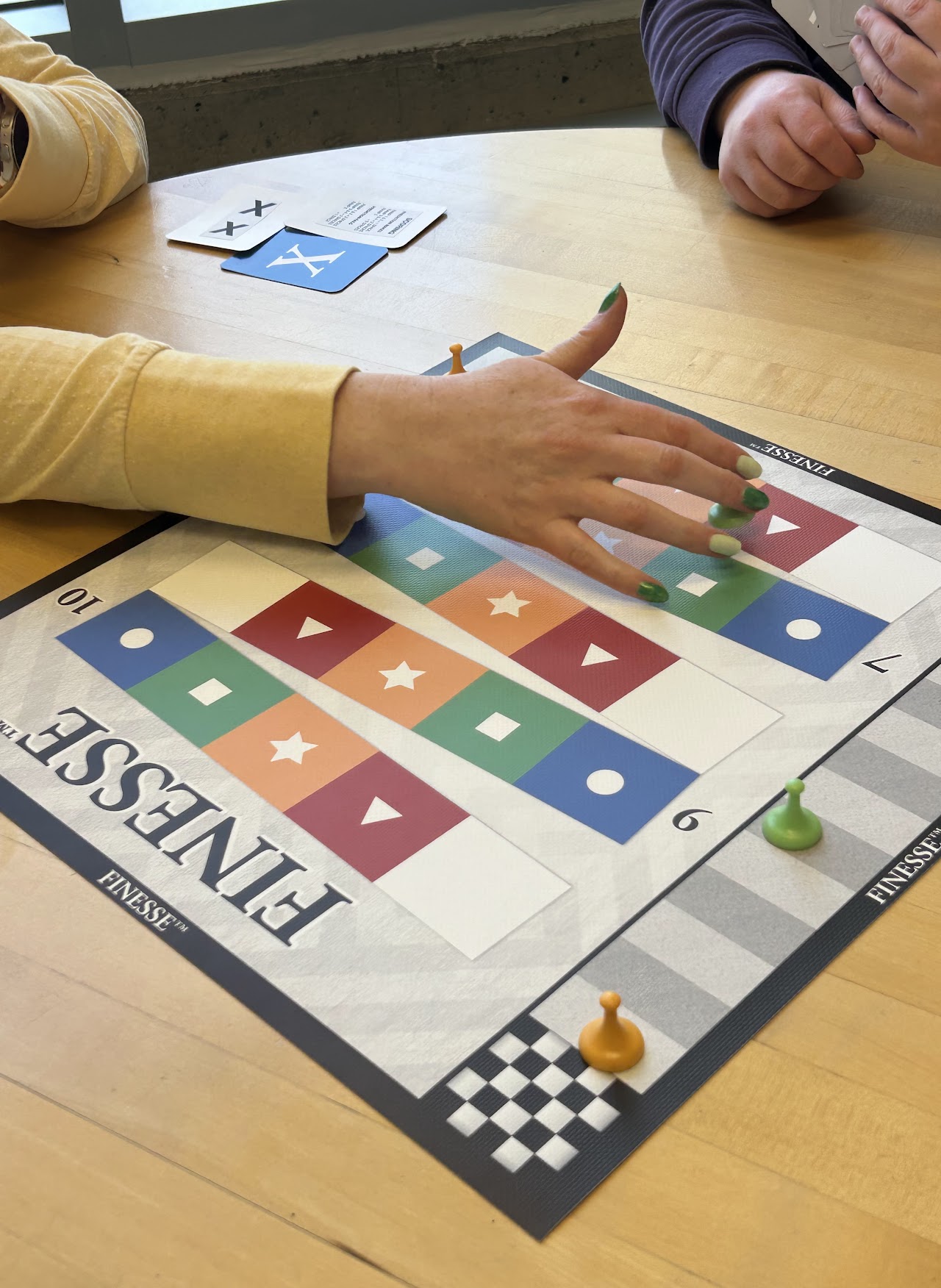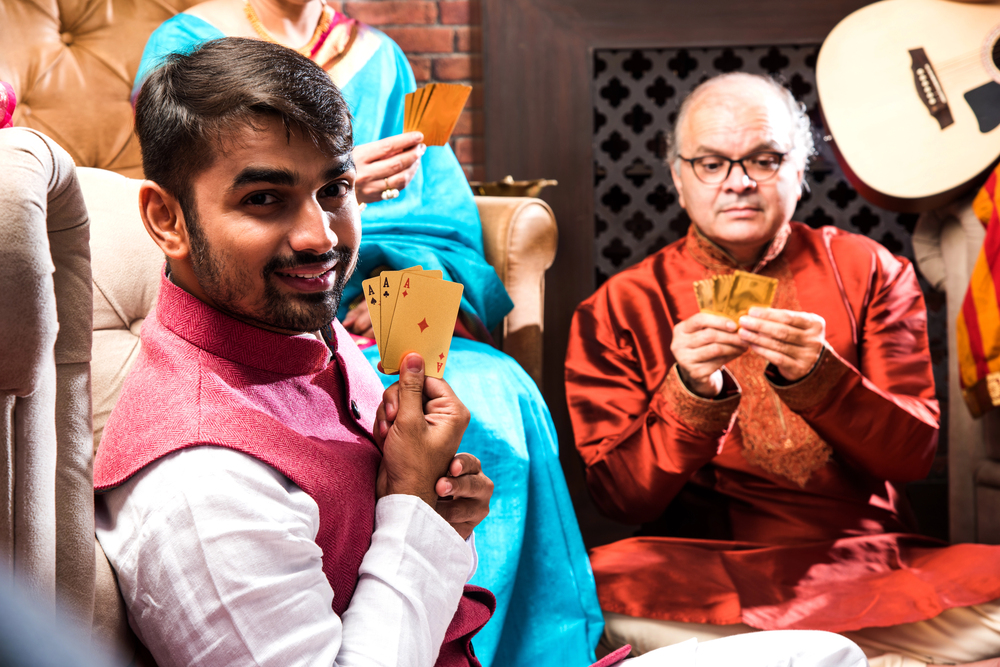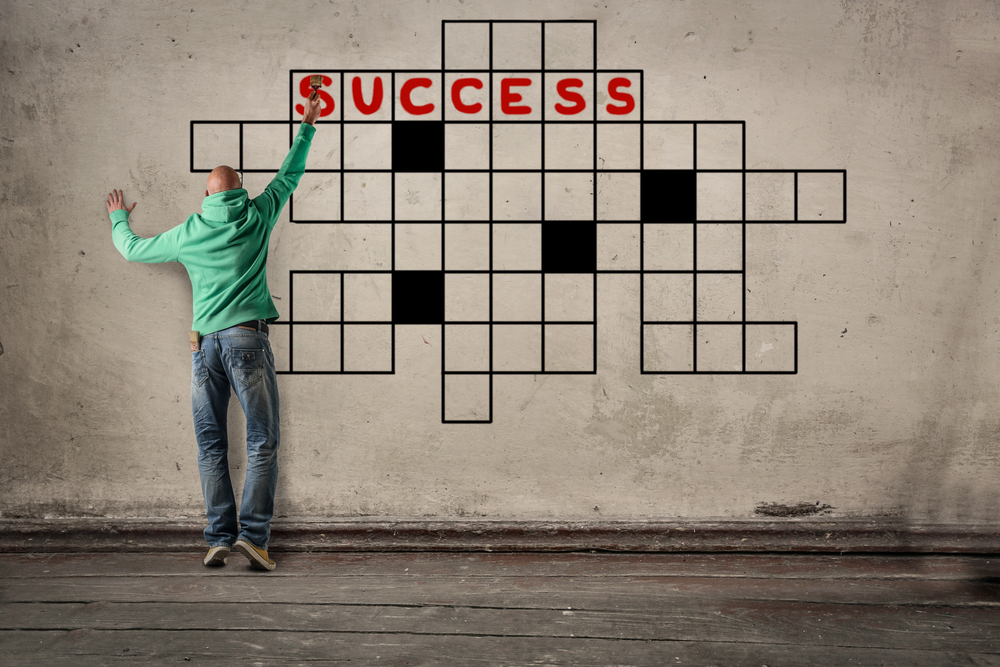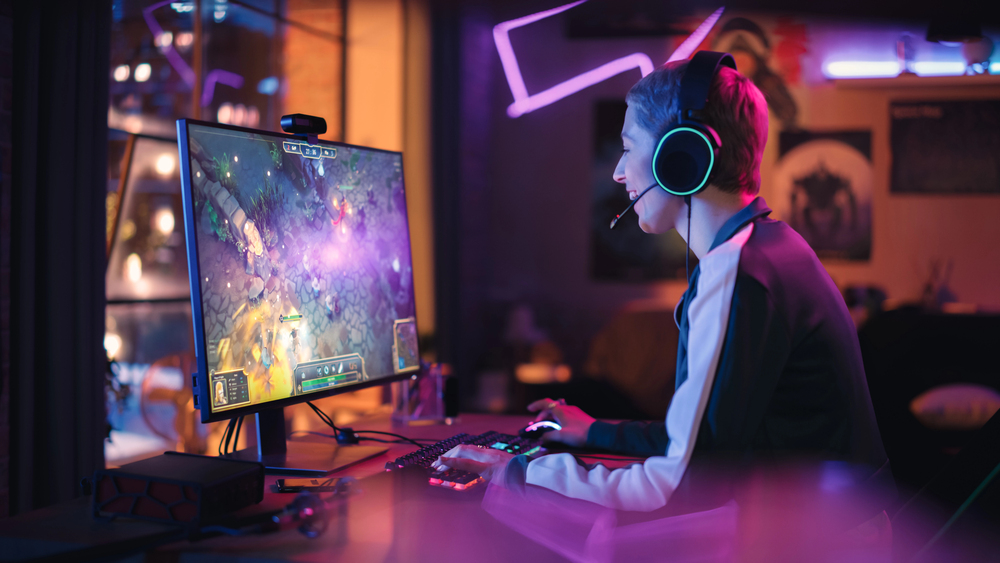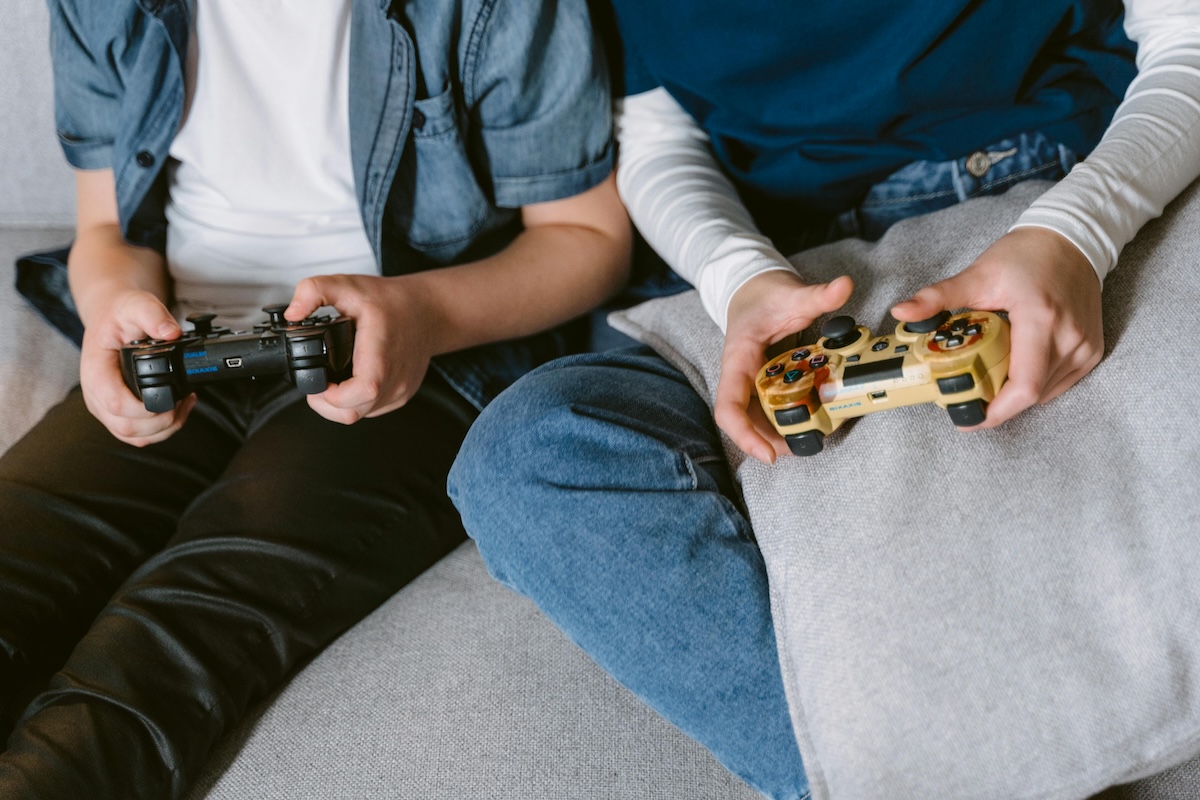Finesse is a new board‑game adaptation of bridge by Canadian author Carole Coplea which aims to make trick‑taking easy and fun. With a 40‑card deck, simplified scoring, and a board‑based visual system, it promises to be a gentle introduction to bridge-like play that even kids can enjoy.
Category: Cards & Games
Teen Patti, literally “three cards”, delivers fast‑paced rounds, social bluffing, and simple yet thrilling hand rankings. Whether you play “blind” without looking at your cards or “seen” after peeking, each round builds suspense making it a favourite at Indian family gatherings and festive nights alike.
Keeping your brain sharp doesn’t require a tournament or major event—daily habits like puzzles, rest, and light movement help your mind stay focused, flexible, and ready for whatever life throws at you.
Losing track of time while gaming is common. This article outlines clear steps to track screen time, set boundaries, take breaks, and identify when gaming starts to impact other areas of life.
Online gaming is no longer just about fast reflexes and high scores. A growing wave of players is seeking out games built around calm, creativity and community.
With casual tournaments, every‑eight‑hour bonus gold, and a portfolio of Filipino‑favorite card games under one roof, Tongits Go invites you to slide into a familiar rhythm.
When you team up at the card table for a round of bridge, you may be doing more than just having fun … you could be giving your brain a full workout. From tracking bids to planning plays, bridge engages memory, visualization and decision‑making in ways that may help preserve mental sharpness as you age.
In strategy games, the real fight doesn’t start on the battlefield, it begins with the gear you bring to it. The items you carry not only shape your options, they shape your mindset.
What starts as a quiet card game can end in laughter, late-night chats, and even love. At bridge and poker tournaments, whether face-to-face or online, players are finding more than strategy partners. They’re finding chemistry, connection, and sometimes, a new plus-one.
7 Unexpected Similarities Between Card Games and Video Games At first glance, poker nights and PlayStation sessions might seem worlds apart. One is steeped in classic strategy and social play, and the other in digital graphics and fast reflexes. Yet look closer, and you can find more overlap than you might expect. Shared competitive structures …

